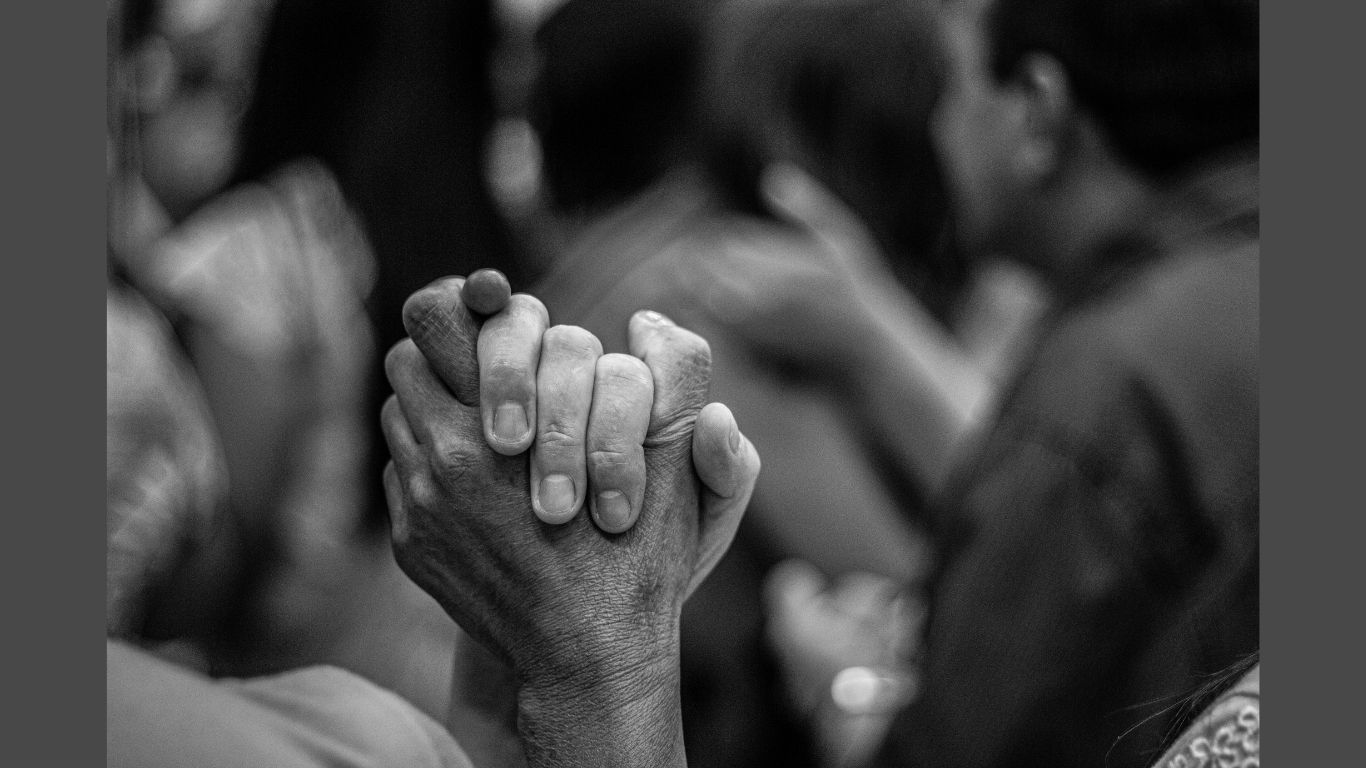Cultivating Empathy: Why It Matters and How to Strengthen It
Empathy is the ability to step into another person’s shoes, to understand and share their feelings . It forms the heart of meaningful connection and compassion. When we truly empathize, we recognize someone else’s joy or pain as if it were our own, sparking caring actions and building trust. Sometimes it’s even called “a building block of morality” and a “key ingredient of successful relationships,” because it helps us grasp others’ perspectives, needs, and intentions.
When It’s Missing
Without empathy, people can become critical, dismissive, or disconnected. They might chalk someone’s struggles up to personal weakness or insist “it wouldn’t happen to me,” failing to appreciate others’ distress . This mindset breeds conflict and misunderstanding.
- Broken Relationships: Lack of empathy leads to constant friction and arguments, as others’ feelings and needs go unnoticed.
- Poor Communication: Misunderstandings arise when we can’t grasp what others are really feeling, often resulting in conflict and emotional distance.
- Isolation: Without empathy, people feel unheard and alone. The absence of mutual understanding makes forming strong bonds difficult.
- Lack of Help: Low empathy reduces prosocial actions. When we don’t feel others’ pain, we’re less likely to reach out and support those in need.
Practicing Empathy with Ourselves
We cannot pour from an empty cup. If we don’t show compassion to ourselves, it’s hard to offer it to others. Self-empathy (often called self-compassion) means treating our own emotions with kindness and understanding.
- Acknowledge Our Feelings: Notice what we’re feeling without judgment. Try writing in a journal or talking out loud to identify our emotions and why they arise .
- Talk to Ourself Kindly: Imagine speaking to our best friend; use that same gentle tone when thinking about our own struggles. Replace self-criticism with supportive words (the way our best friend might) .
- Mindfulness and Self-Care: Practice mindfulness or meditation to stay present with our emotions. Make self-care a priority, i.e. rest well, eat nourishing food, and engage in activities that replenish us.
- Set Healthy Boundaries: Protect our well-being by saying no to what drains us. Give ourselves permission to step back or pause when overwhelmed, which honours our own needs as valid.
- Self-Forgiveness: Acknowledge mistakes or challenges with understanding rather than blame. Forgive ourselves for past errors and view them as learning opportunities.

Showing Empathy to Others
Empathy towards others involves two key steps, understanding their perspective and emotionally connecting with their experience. Active listening is essential. Give our full attention, acknowledge emotions, and validate feelings without rushing to fix. Spend time observing what people do and listening closely to what they say. This builds cognitive empathy (imagining their situation) and emotional empathy (feeling what they feel).
- Active Listening: Look them in the eye and listen to understand, not to reply. Notice tone and body language, and ask clarifying questions to understand their perspective.
- Perspective-Taking: Imagine how we would feel in their shoes. Ask ourselves, “How would I feel if this happened to me?” This mental rehearsal increases understanding.
- Validate Emotions: Reflect back what we hear: e.g. “It sounds like you felt really frustrated.” Even if we wouldn’t feel the same way, acknowledging emotions shows we care.
- Empathetic Body Language: Simple gestures can communicate that we care, e,g, a reassuring nod, a kind smile, or a gentle touch.
- Ask Thoughtful Questions: Encourage them to share: “What was that like for you?” or “How are you feeling now?” This opens space for them to be heard.
Empathy for others truly begins with ourselves. A person struggling inwardly can’t pour support into others. Before leading with compassion outwardly, ensure our own emotional needs are met.
Empathy in Challenging Circumstances
Empathy isn’t just for the people we know; it also means understanding tough situations that anyone might face. Often, lack of empathy shows up as thinking, “That wouldn’t happen to me” , failing to recognize how life events (like job loss, illness, or stress) can happen to anyone. Instead, we remind ourself that context matters greatly.
- Consider Context: Before judging someone’s choices, ask: “What’s going on in their life? What pressures might they feel?” Understanding background and challenges helps us empathize beyond surface actions.
- Imagine Your Worst Day: Visualize experiencing the same circumstance. This “flip it” exercise makes compassion more natural and counters assumptions that someone “deserves” their situation.
- Learn and Educate: Read stories or news about different life experiences. For example, seeing global suffering in the news often moves us to donate or help, illustrating empathy’s power even from afar.
- Pause Judgment: If we catch ourselves judging, pause and remind ourselves that we don’t know all the facts. People often react based on fear or pressure, with empathy, we can asks, “How can I help?” rather than “Why did you do that?”.
- Practice Vulnerability: Let ourself feel others’ pain. It’s okay to feel sad or upset by someone else’s hardship, this openness is the heart of situational empathy.

Our Muscle
Ignore it and it weakens, train it and it transforms our connections
Empathy is a skill that grows with intention and practice. Even if some people seem naturally more empathetic, anyone can strengthen empathy with effort . By consciously caring for ourselves and others, we become better listeners, friends, and community members. Over time, practicing empathy for ourself, for the people around us, and even in challenging situations will foster greater compassion and resilience in our life.
At JSP, we are here to support you as you connect with yourself and build bridges with others.
